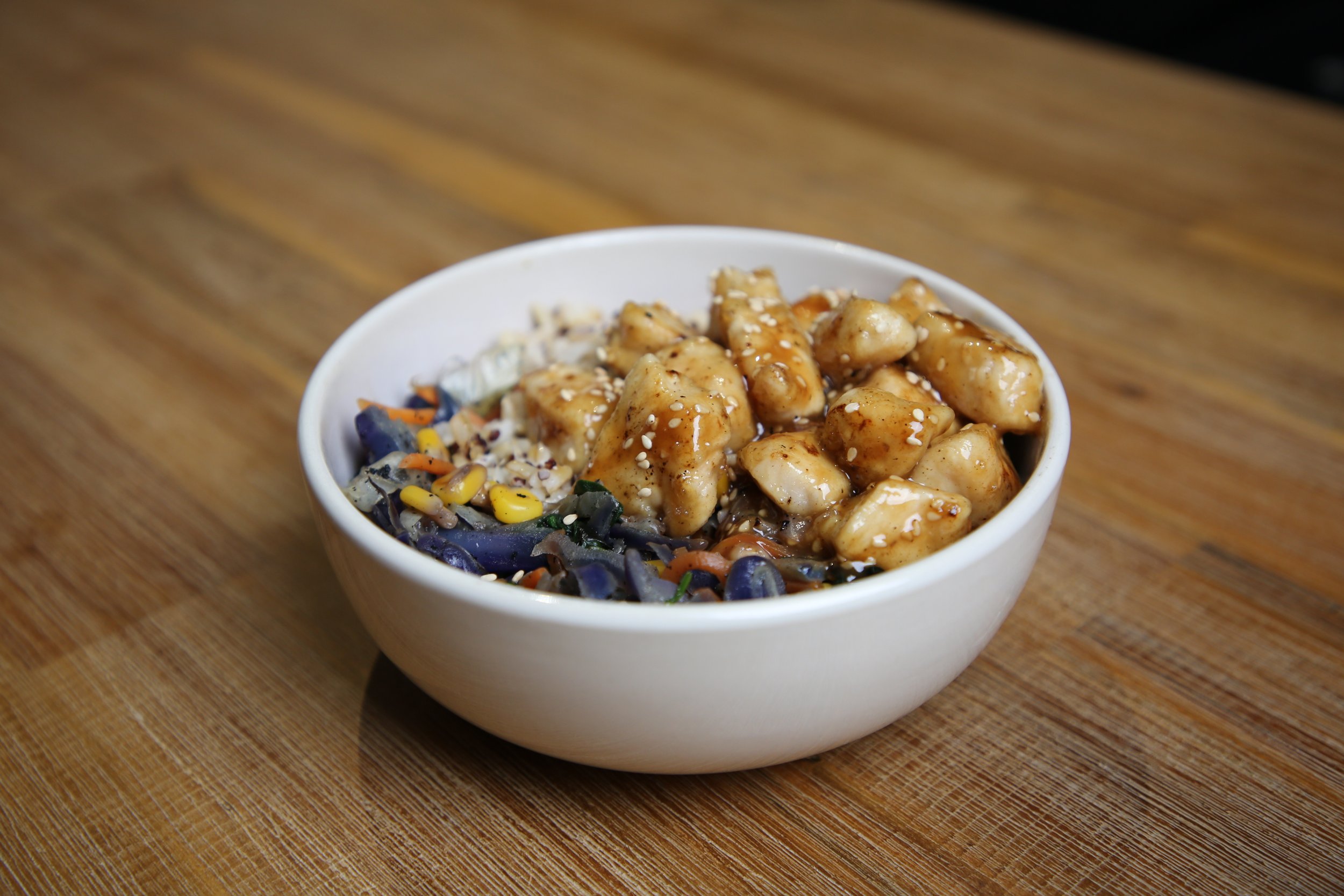Weight Concerns
What are weight concerns?
"Weight concerns" describe the negative emotions individuals may have regarding their weight, often resulting in a desire to lose weight. This is a common issue prompting individuals to seek assistance from our nutrition service.
Healthy Weight
Defining a "healthy weight" is a complex concept within the field of health science. Various metrics, such as Body Mass Index (BMI) and body composition, are used to categorise healthy weight. However, these metrics alone do not provide a complete picture of one's body shape, health, and well-being. A healthy weight is a weight that supports your daily living, occupation, activities, is easy to maintain and can minimise chronic diseases risk caused by metabolic change due to increased weight.
According to research, there are 9 common reasons for people want to lose weight:
Comfort and mobility
Physical fitness
Health and illness
Body image and self-esteem
Participation in life and activities
Clothing options and fashion
Work productivity and opportunity
Social life and desirability
Sexual confidence
Nutrition will have a major impact on reasons 1-5, and may support achieving goals that align with reasons 5-9 with or without other supports.
How nutrition help solve weight concerns
Weight nutrition 101
The major factor of weight is energy balance. It is called balance because we use energy to sustain body function, and activities, and intake energy from food and drinks every day.
When energy intake is lower than energy expenditure, also known as a calorie deficit, weight will tend to decrease in the long term. When energy intake is higher than expended, also known as calorie surplus, weight will tend to increase in the long run.
This sounds simple and direct, however, the factors behind the scenes can greatly influence both energy intake and expenditures. These include:
genetics, ethnicity, culture, religion, age, gender, biomedical health, hormones and signalling response, metabolic adaptations, source of energy intake, type of energy expenditure, family history, hunger and fullness cues, reward system, food accessibility, habits, lifestyle, occupations, dieting history, social pressure, and psychological health, etc.
Hence, nutrition approaches that account for the multiple aspects are better option than simply “eat less, move more”
Nutrition approaches to weight management
There are 2 most evidenced approaches to address weight concerns currently: a conventional approach and weight-neutral approach.
The conventional approach focus on creating healthy diet and lifestyle to reduce weight and optimise health outcomes. It has a long history and widely used in most practices. The weight reduction rate is usually faster as the primary focus is on weight reduction. However, weight regain is common after active treatment especially when misused by untrained practitioners, and can perpetuate a dieting culture.
Weight neutral approaches, such as Health At Every Size® (HAES®) and Intuitive Eating (IE), is technically not an approach to manage weight. As they focus on building healthy lifestyle, listening to body’s need without using weights as indicators. Although the primary goal is not to lose weight, they show weight reductions and other associate concerns including health, wellbeing, self-esteem, confidence, body image and quality of life. However, weight-neutral approaches require reconnect with your body’s natural cues, which can take a long time to achieve.
Common pitfalls in addressing weight concerns
Severely restricting calorie intake, potentially triggering a starvation response
Failing to achieve a sufficient calorie deficit due to misconceptions about food and nutrition
Losing weight too rapidly and lead to compromised metabolic state and body composition
Following a trendy diet or a rapid weight loss program and fall into dieting cycles
Setting unrealistic weight and time goals, making it extra hard to achieve
Doing what work for other people but not you, and give up after a short while because it is not sustainable
Cutting out a whole group of food, which introduce risk to nutrient deficiencies and disordered eating
Restrictive and inflexible diet, which also increase risk to disordered eating
Critically evaluate progress and self worth based on weights which can lead to unhealthy relationship with body and food
Read More:
4 reasons why dieting fails you
A self date guide to build a healthy relationship with your body and food
Why working with a dietitian?
Dietitians are medically-trained nutrition professionals, and the only professional that is qualified to provide individual dietary consultation at the moment (Click here to read about dietitian and nutritionist). Dietitians are trained to provide medical nutrition therapy and one-to-one personalised dietary advice. Working with a dietitian means you won’t get a “one size fit all” treatment because we take in consideration of one’s lifestyle, dietary habits, preference and goals to tailor our nutrition strategies.
Our dietitian, Malcolm, is well-versed in both conventional and Non-Diet Approaches, as well as sports nutrition and eating disorders. He employs a holistic and collaborative approach to address your weight concerns, taking into account factors such as your genetic predisposition, health risks, mental well-being, lifestyle, physical activity, and life goals.
The topics dietitians might talk to you about:
Energy balance and weight
Physical activities
Essential nutrients and the 5 food groups
Dieting cycle, its complication and how to break it
Making healthier food choices in life while balance life enjoyment
Creating general healthier habits that work for your lifestyle
Intuitive Eating and Health at Every Size® principles
Hunger and fullness cues
Nutrition misconceptions
Realistic weight goals
What does working with Timeless Dietetic dietitian look like?
-
You will be invited to fill in a survey before the consults, including your health history, family history, current situation, goals
For elite athletes: You might be asked to provide a training program, body composition assessment (if available) and food diary
-
Discuss and understand your goals, living situation, lifestyle, potential motivators and barriers.
Perform assessment on health indicators, training schedules and goals, usual dietary intake.
Provide professional feedback on your diet, and identify areas that can be improved to help achieve your goal.
Discuss the most relevant nutrition topic that can help with the current situation and those you are interested in.
In collaboration with you, set small but impactful nutrition goals, homework and challenges.
Recommend what else you can do in the future and a recommended review timeframe if you would like to continue.
Provide you with a tailored nutrition information package to takeaway.
-
Review the effectiveness and practicality of previous goals/homework/challenges.
Review and track any progress indicators.
Reassess any changes in health indicators, training and dietary intake.
Discuss the most relevant nutrition topics and those you are interested in.
In collaboration with you, adjust the previous intervention that did not work well or develop a new strategy.
In collaboration with you, develop new strategies to improve your health and progress.
Provide you with a tailored nutrition information package to takeaway.













































